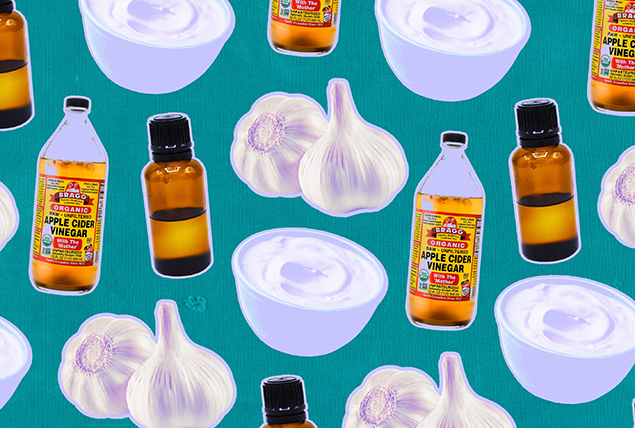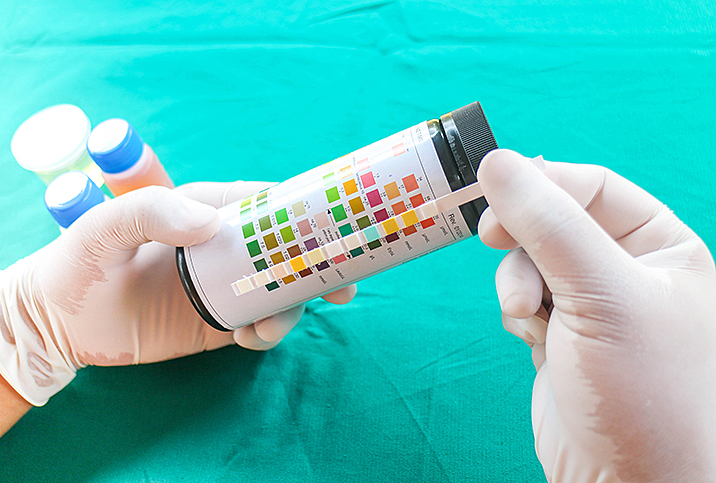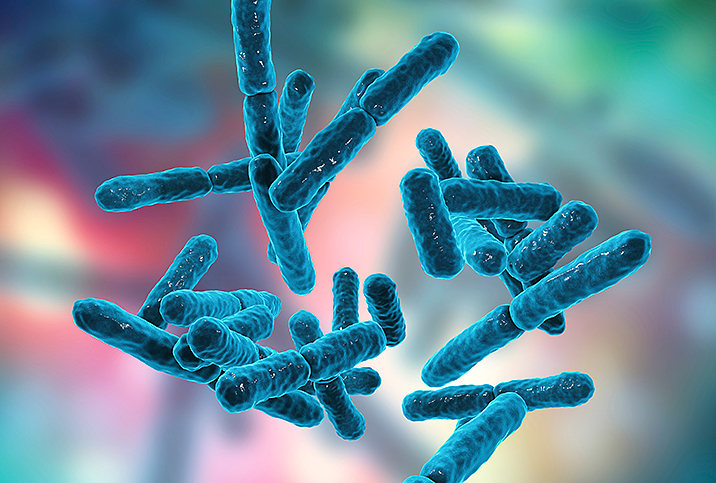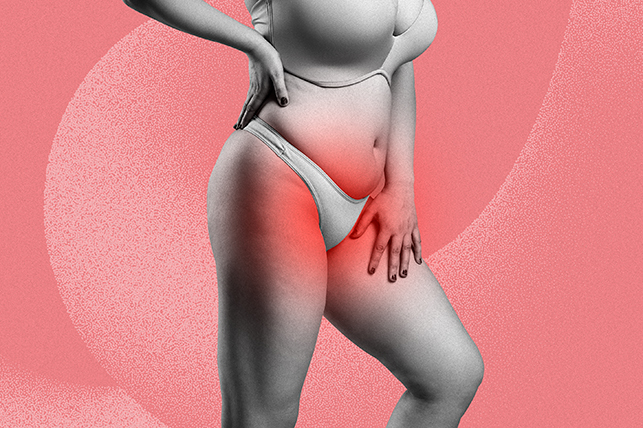6 Home Remedies You Should Never Use To Treat a Yeast Infection

If you're trying to save yourself a visit to the doctor by turning to home remedies to cure a yeast infection, you may want to think again. Not every social media post or Reddit forum can be trusted.
In this case, many at-home remedies can make your uncomfortable yeast infection worse.
What should you know about yeast infections?
The symptoms of a yeast infection include:
- Itching or irritation in the vagina
- A burning sensation
- Redness and swelling
- Soreness
- An odorless, thick, white discharge that resembles cottage cheese
Yeast infections are due to an overgrowth of the yeast that normally resides in your vagina.
However, 2 in 3 women who buy yeast infection medicine don't have a yeast infection, according to the Office on Women's Health. So what do they have? It could be a sexually transmitted infection (STI) or bacterial vaginosis (BV), which, if left untreated, can pose major health problems.
These remedies often don't work—and could make your symptoms worse.
If you suspect you might have a yeast infection, get it diagnosed by a doctor so you can start the right treatment. In the event you do have a yeast infection, your doctor may prescribe antifungal medication, which can be in the form of oral pills or topical antifungal creams.
Some people, however, turn to home remedies to avoid a visit to the doctor. Unfortunately, these remedies often don't work—and could make your symptoms worse. Let's take a look.
Popular at-home treatments or natural remedies for yeast infections
A simple internet search for "at-home yeast infection treatments" yields plenty of results. But is that a good thing? Do the DIY suggestions work?
1. Is yogurt a good yeast infection treatment?
You might have read on more than one Reddit forum about a woman who magically cured her yeast infection by putting yogurt into her vagina.
The idea makes a modicum of sense. Yogurt contains lactobacillus—a probiotic that supplies the vagina with healthy bacteria—so it must work. Right? Well, there aren't enough studies to support whether oral or topical use of probiotics is effective in treating a yeast infection.
"Use of lactobacilli products either orally or vaginally is not effective for treatment or prevention of vulvovaginal candidiasis," said Kevin Alten, M.D., an OB-GYN and associate professor at Marietta College in Marietta, Ohio.
Many yogurt brands contain added sugar (yes, even the unsweetened kinds), which may result in a higher risk of the infection getting worse.
If you're looking into this DIY remedy to offer some relief from the itching and burning because of its cooling nature, there's a safer alternative.
"You can try utilizing an ice pack meant for topical application to alleviate the itching," said Alyssa Dweck, M.D., a gynecologist in Westchester County, New York, and a sexual health and reproductive expert for Intimina, a brand of products focused on women's intimate health. "However, this is not a curative measure."
2. Does garlic help cure a yeast infection?
Garlic has great antifungal properties, so it's reasonable to believe that placing garlic in your vagina could help ease your yeast infection. However, this move could cause more irritation and lead to an infection, making a yeast infection worse.
Research on the efficacy of garlic as a treatment is limited. A 2010 study compared treating yeast infections with a vaginal cream containing garlic and thyme versus clotrimazole cream.
While the participants responded to both treatments in the same way, those who used the vaginal cream containing garlic and thyme reported more overall side effects. You may want to stick to the usual over-the-counter yeast infection treatment.
3. Does apple cider vinegar (ACV) effectively treat a yeast infection?
Apple cider vinegar is touted as a remedy for many conditions, ranging from reportedly providing relief from heartburn to eliminating dandruff. Some people claim it plays a role in curing a yeast infection, too. ACV advocates say douching using ACV can cure a yeast infection.
However, douching is not recommended under any circumstance. Douching can change the pH of your vagina and lead to an overgrowth of bacteria. This could be bad news for an already existing yeast infection.
Additionally, the use of ACV for the prevention and treatment of vaginal yeast infections has not been studied. Apple cider vinegar should not be used as a curative treatment.
4. Can coconut oil eliminate a yeast infection?
Coconut oil is a natural antifungal with many potential health benefits. It's also a great moisturizer for your skin and a simple alternative to butter when you're cooking. But does it treat a yeast infection?
"Coconut oil for yeast infections has been studied and shows initial promise," Dweck said. "However, this promise is not definitive and more research is needed to support the efficacy of this indication."
To put it simply, it's best to reserve that tube of coconut oil for your skin and hair. Don't put coconut oil in your vagina.
5. Does tea tree oil eradicate a yeast infection?
Tea tree oil is an essential oil with a long history of medicinal uses owing to its antifungal and antimicrobial properties. However, limited studies have shown the efficacy of using tea tree oil to cure yeast infections.
The vagina maintains a delicate ecosystem. Any inserted product—including an essential oil—may act as a disruptor to the vaginal microbiome and lead to infection or worsen an already existing one.
6. Can hydrogen peroxide help a yeast infection?
Once again, no studies suggest the safety and efficacy of hydrogen peroxide in the treatment of a yeast infection.
Your vagina might already be inflamed and sensitive due to the yeast infection, so you can only imagine how much more painful that would be with application of hydrogen peroxide.
What's the best way to treat a yeast infection?
If you suspect you have a yeast infection, consult your healthcare practitioner as soon as possible to get a proper diagnosis and to begin a round of treatment.
Yeast infections aren't typically dangerous. Even so, if you have had four or more yeast infections in one year, see your doctor because you might have a complicated yeast infection. Pregnant women and those with diabetes or a weak immune system may be at risk for complications.
"While treating your yeast infection, be sure to follow good hygiene practices such as wiping front to back after going to the bathroom and drying off completely before dressing," Alten said. "Also, wear cotton underwear and loose-fitting clothes until your infection has cleared up."
After you've treated your yeast infection, it's advisable to replace your underwear to avoid the possibility of re-infection.
The bottom line
Before you rush for those quick-fix home remedies you've found online, schedule an appointment with your doctor to be sure you have a yeast infection so it's treated correctly. You might want to wait to have sex when you have a yeast infection.
Yeast infections are common, but they mimic other health conditions so it's easy for women to misdiagnose them.


















